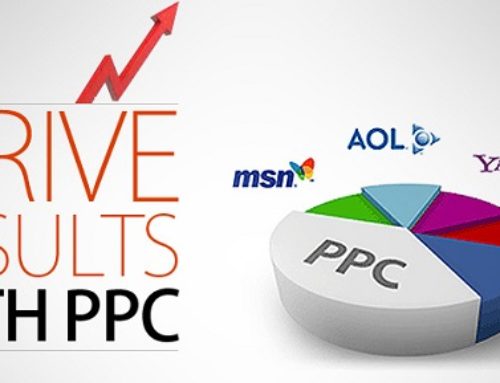The conventional thinking is that people use their PC at home, and their mobile when on the go – when out, on public transport, or maybe at work.
But a new Yahoo study of 6,400 searches has found that mobile search isn’t limited to people on the go. It found about half the number of mobile searches were happening in the home.
What’s more, around 75 per cent of mobile searches occurred in a location where a PC or laptop could also be used. Four in 10 customers conduct more searches on mobile than PC.
These data points offer us a range of insights into the behaviour of customers and the relationship between their mobile and search use.
- Mobile search is part of a chain of actions. After searching on mobile, customers are taking action on another mobile device (91 per cent), in person (77 per cent) or on a PC or laptop (62 per cent). This confirms the concept of multi-channel funnels we’ve discussed before.
- Only 7 per cent of searches are happening in a business or store.
- Half of mobile business-related queries led to some sort of purchase – 69 per cent of which happened within five hours of search.
- Customers appear to be choosing to use mobile even when it’s possible to use another device – like a laptop or PC.
The indirect route people are taking when engaging in products or services can make it difficult to ensure your customers move down a traditional sales funnel. Purchasing is now more like a grid – with different locations and devices all intersecting to lead to a final sale.
But there’s a number of ways to take advantage of the increase in mobile search.
- Make competitive Google ad bids to get to the top spots on Google for your business keywords.
- Use mobile-specific actions as part of your Google ads campaign (so functions like the call extensions) to drive customers into making inquiries of your business.
- Ensure your website is responsive, meaning customers get the best possible browsing experience and impression of your website if they find it via mobile.


